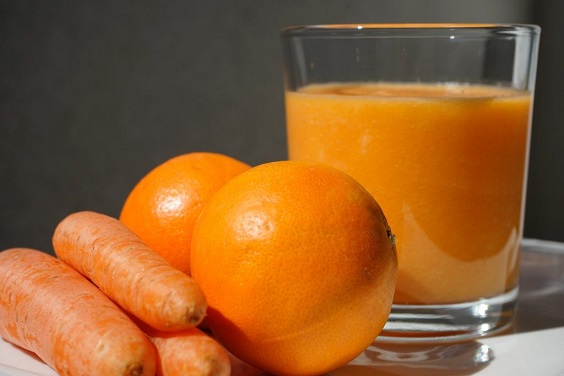Recent research studying almost 44,000 men and women finds that higher levels of vitamina C și vitamină E in the diet are associated with lower risk of Parkinson’s Disease1.
Vitamine C and E are antioxidants2. Antioxidanții contracarează stresul oxidativ, care este cauzat de molecule foarte reactive cunoscute sub numele de radicali liberi2. Stresul oxidativ are diverse surse, cum ar fi lumina soarelui, poluarea aerului, fumul de țigară și exercițiile fizice2. Oxidative stress can cause cell damage (through damage to molecules in the body) and can contribute to many diseases such as cancer, heart disease, diabetes, Alzheimer’s disease, Parkinson’s boală and even eye diseases2. Prin urmare, antioxidanții pot fi benefici pentru a preveni deteriorarea moleculară și pentru a menține sănătatea celulelor.
A recent Swedish study explored the effects of certain dietary factors on the incidence of development of boala Parkinson (PD) in almost 44,000 men and women1. These factors included dietary intake of vitamină C, vitamină E and beta-carotene1. Aportul acestor micronutrienți specifici a fost comparat cu incidența PD în grup1.
Beta-carotenul nu a avut nicio corelare cu riscul de PD1. However, intake of vitamine C and E was inversely correlated to the risk of PD1 indicând faptul că acești antioxidanți au furnizat un efect neuroprotector care a diminuat incidența PD.
This study may allow the inference that it may be beneficial to increase these vitamine in the diet to reduce risk of PD, but it does not necessarily mean that the association seen was caused by the intake of these vitamine, as people ingesting more of these vitamine might just have healthier diets and lifestyles. It may be the case that there was a causal relationship but this is hard to prove from an association study. There could also be a non-causal relationship; supporting this is the finding from an older study comparing levels of antioxidants in the blood of PD patients which found no evidence that antioxidants contributed to onset or progression of PD3. Lastly, both theories may be true, where vitamine C and E in diet played a minor role. Regardless, the overall message of intaking enough vitamin C (such as through eating oranges and strawberries) and vitamină E (such as through eating nuts and seeds) is probably conducive to good health.
***
Referinte:
- Hantikainen E., Lagerros Y., et al 2021. Dietary Antioxidants and the Risk of Parkinson Boală. The Swedish National March Cohort. Neurology Feb 2021, 96 (6) e895-e903; DOI: https://doi.org/10.1212/WNL.0000000000011373
- NIH 2021. Antioxidanți: în profunzime. Disponibil online la https://www.nccih.nih.gov/health/antioxidants-in-depth
- King D., Playfer J. și Roberts N., 1992. Concentrațiile de vitamine A, C și E la pacienții vârstnici cu boala Parkinson. Postgrad Med J(1992) 68,634-637. Disponibil online la https://pmj.bmj.com/content/postgradmedj/68/802/634.full.pdf
***






































